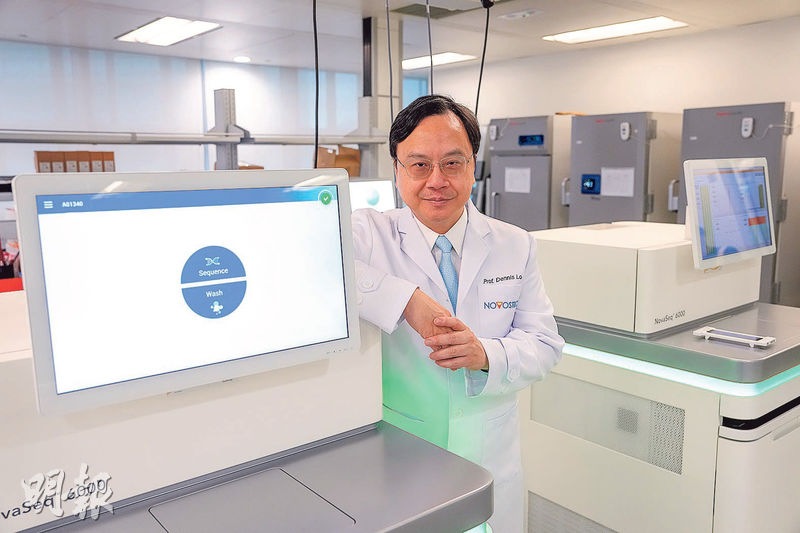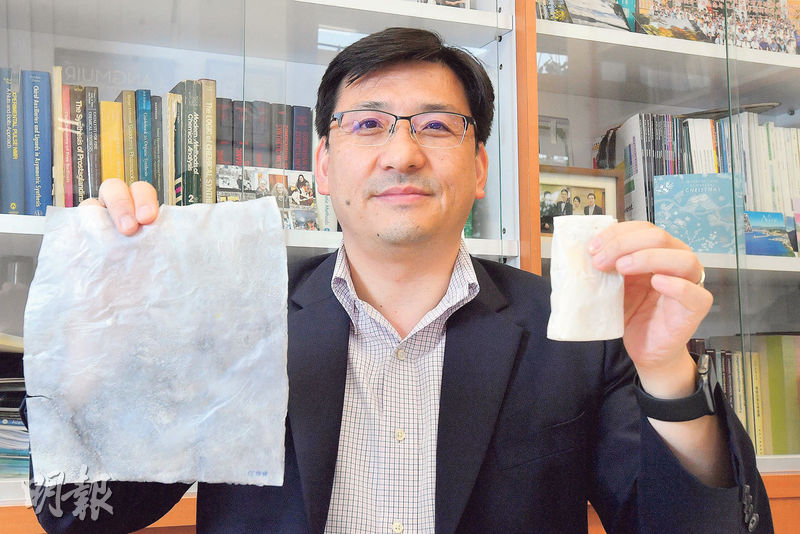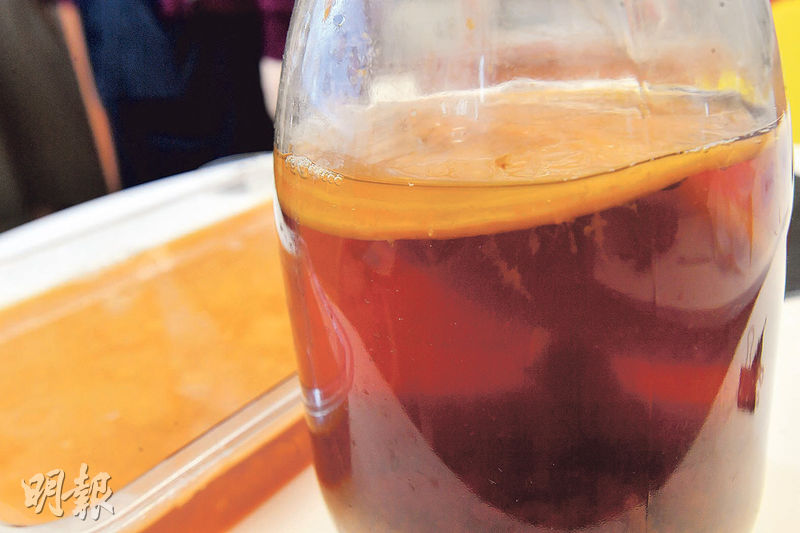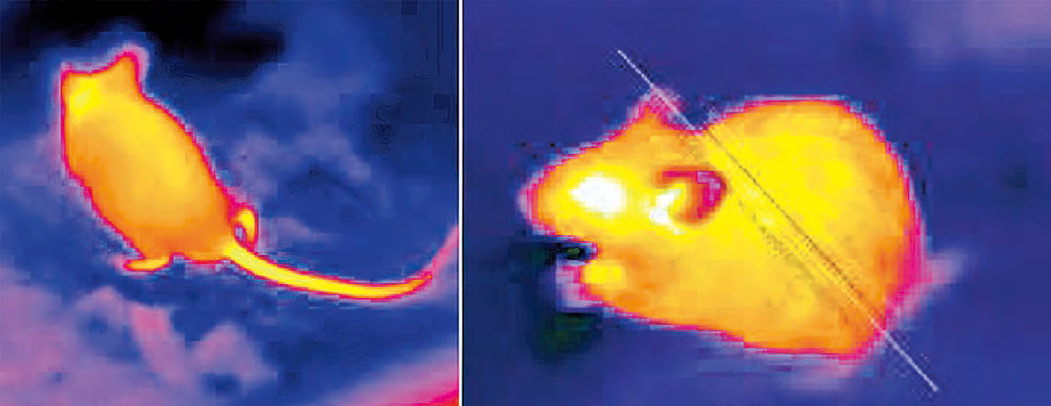英譯概念:Cross-boundary data flow
【明報專訊】■News summary
''Cross-boundary data flow'' (「數據過河」) refers to the flow of data from mainland China into Hong Kong. In June 2023, the SAR government and the Cyberspace Administration of China (“CAC”) signed the “Memorandum of Understanding on Facilitating Cross-boundary Data Flow within the Guangdong-Hong Kong-Macao Greater Bay Area” (the Memorandum). The two governments also formed a joint working group to discuss specific measures.
According to Secretary for Innovation, Technology and Industry Sun Dong, “data is gold” in the future. He said that due to the sensitive international situation, the mainland implemented a stricter policy for data export in 2022, preventing Hong Kong from accessing banking, medical and other data that was accessible in the past. However, in June 2023, the government and the CAC signed the Memorandum, which could promote the safe cross-border flow of data within the Greater Bay Area.
Dennis Lo Yuk-ming, President of the Hong Kong Academy of Sciences and Associate Dean (Research) of the Faculty of Medicine of CUHK, said that Hong Kong’s population was far smaller than that of the entire Greater Bay Area. If mainland medical data could be used, it would undoubtedly help promote medical research in Hong Kong. Dennis Lo, who had earlier successfully developed plasma Epstein-Barr virus DNA screening for nasopharyngeal cancer, cited this example and said that as Hong Kong's population was not as large as that of the Greater Bay Area, there were only about 1000 nasopharyngeal cancer cases throughout the year. On the mainland, the number could easily reach tens of thousands. In the study, 20,000 Hong Kong people were screened, 34 people were confirmed to have the disease. With a sample size of the Greater Bay Area, the number of people participating in the screening and confirmed case would be much greater.
Personal data involves privacy, and cross-boundary data flow has raised privacy protection issues. Francis Fong, Honorary President of the Hong Kong Information Technology Federation (HKITF), said that the government had asked the industry about the types of data that needed to be included first in the pilot plan for cross-boundary data flow. He believed that if only big data was involved, it would be necessary to study how to blur the data to ensure that there would be no privacy issues.
■Mock examination question
If you were a manager of the Hong Kong Hospital Authority, what would you suggest the Authority do to improve Hong Kong's medical services through data exchange between Hong Kong and mainland China? Explain your answer with reference to the sources provided. (3 marks)
■Suggested answer
If I were a manager of the Hong Kong Hospital Authority, I would suggest that the authority make good use of mainland medical data for medical research, enhance Hong Kong's medical standards and improve Hong Kong's medical services.
According to the source, Dennis Lo Yuk-ming, Associate Dean (Research) of the Faculty of Medicine of CUHK, said that Hong Kong’s population was not as large as that of the Greater Bay Area. There had been research on using plasma Epstein-Barr virus DNA to screen for nasopharyngeal cancer, but there were too few samples in Hong Kong, which might hinder the development of medical research in Hong Kong. Through cross-boundary data flow, the mainland can provide medical research data for researchers at Hong Kong universities for biotechnology analysis and related research. This can improve the efficiency of Hong Kong's medical research. In the long run, this will be conducive to enhancing Hong Kong's medical standards and improving Hong Kong's medical services.
(本網發表的作品若提出批評,旨在指出相關制度、政策或措施存在錯誤或缺點,目的是促使矯正或消除這些錯誤或缺點,循合法途徑予以改善,絕無意圖煽動他人對政府或其他社群產生憎恨、不滿或敵意。)
[智學公民 第082期]








